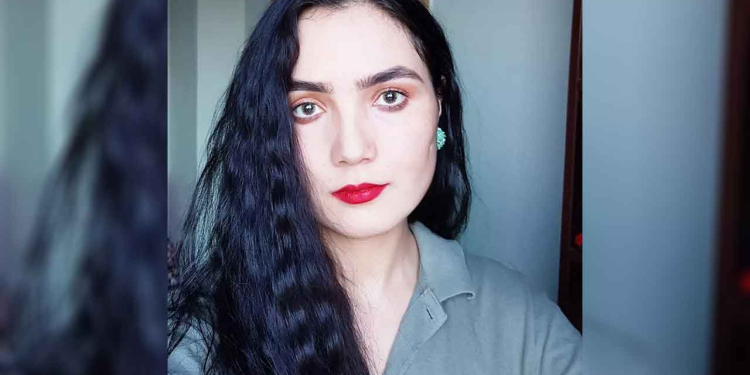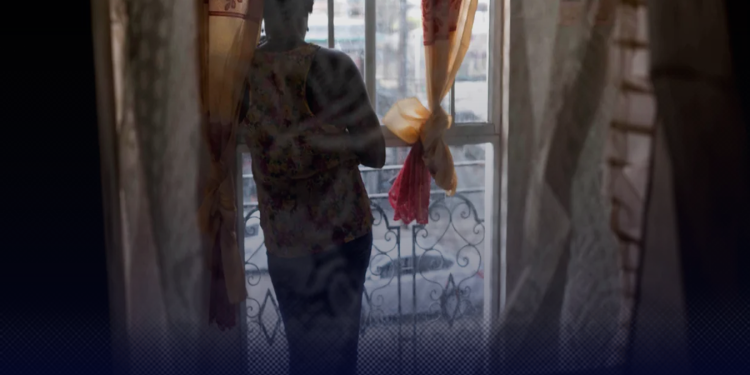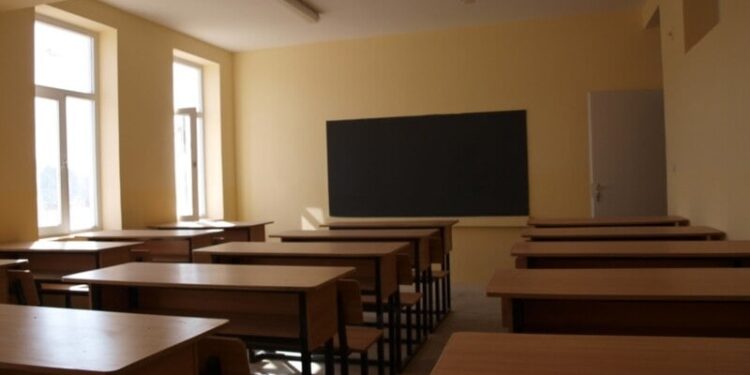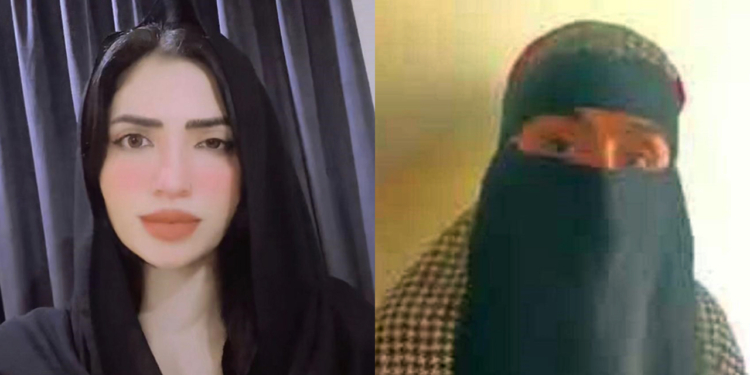On April 3, 2023, a disturbing message appeared in a women’s WhatsApp group, which read: “Hello friends, do you know anyone who wants to buy a kidney? It doesn’t matter if he/she buys the left or the right kidney, I sell either one. If you know anyone who might be interested, please do let me know.”
This message was sent by a 25-year-old teacher named Parisa (a pseudonym). Before the fall of the republic government, she taught at a public school in Nimroz Province while pursuing her studies in Pashto literature at a private university. Additionally, she was an active participant in civil activities in Zaranj City, which is the center of Nimroz Province.
However, after the Taliban terrorist group took over Afghanistan, Parisa lost her job and was prohibited from attending university. Without employment or educational opportunities, and under the pressure of the Taliban’s restrictions on women, she is currently living in a dire economic situation.
Parisa told Nimrokh that she is going to sell her kidney to support her family and to receive treatment for her eye, which was injured by the Taliban.
“I have no choice but to sell my kidney to provide for my family’s needs and to pay for my eye treatment,” she told. “This is my last resort to save my family from starvation and to treat myself.”
Prior to the Taliban’s regime, Parisa earned a monthly income of fourteen thousand Afghanis ($160), which covered her university expenses and helped support her family. She lived a normal, peaceful life in Zaranj city, though with access to minimum basic facilities, and worked to assist rural women and girls in Nimroz who faced disadvantages.
After the Taliban imposed a ban on women’s education and work, Parisa joined a group of protesting women in the dirt streets of Nimroz province, demanding their rights to work and education and calling for justice against the Taliban’s cruel policies.
In September 2021, during a protest rally in Zaranj, Parisa and her colleagues were met with severe repression by the Taliban. The Taliban soldiers turned their civil protest into violence, beating the protesting women.
Parisa sustained an injury to her left eye during this protest, which has yet to heal.
Recalling the incident, Parisa told Nimrokh, “We had chanted our slogans and read the resolution when the Taliban forces arrived. A Talib hit me in the face with a hard object. I fell to the ground and after that incident, I noticed that my left eye was slowly getting weaker. A few days ago, I completely lost sight in one eye.”
As a result of participating in the street protests, Parisa was dismissed from her teaching position at school and was also denied permission to attend university.
She now teaches children in a private school and earns a monthly income of 4,000 Afghanis (less than $50), but does not receive any salary during public holidays and school closures.
Given the increasing restrictions on women and the silence of society regarding the Taliban’s actions, Parisa sees no hope for a change in the country’s situation and her return to work in an environment outside of Taliban control. She is now considering selling one of her kidneys to provide for her family of six, as well as treat her eye. Parisa fears blindness in both eyes due to her injury.
“Sometimes one has to relinquish a part of his/her body to survive,” Parisa stated. “With the income of 4,000 Afghanis that I get from a private school, I cannot afford to treat myself and provide for my family’s expenses. I am selling one kidney, one can live with one kidney, but not with hunger and blindness. These conditions have forced me to sell my kidney. I am willing to sell it to anyone in any province to provide treatment for myself and save my family from hunger.”
Parisa’s family consists of six members, including her infirm and elderly father and her brother, who smuggled to Iran and is now involved with the challenges of illegal immigration and possible forced deportation. Her brother can only keep himself alive by doing hard work and is unable to provide for his family’s expenses. Hence, Parisa is forced to struggle herself to support her family and prevent her total blindness.
Parisa is not alone in considering selling her organs as a last resort to continue living. Ads for the sale of kidneys are occasionally posted in buy-and-sell groups on social media, which is of course illegal.
In some cases, the sellers are women who have been deprived of job opportunities by the Taliban. Reports from domestic and foreign media suggest that the sale of body parts on the black market has increased with the spread of poverty and unemployment under Taliban rule.






